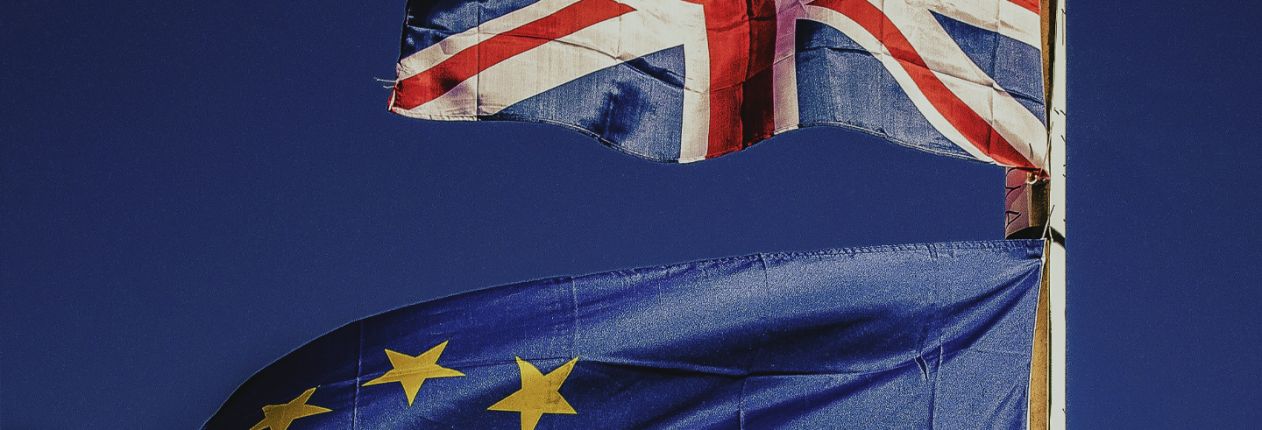- Brexit >
- Trading with Great Britain
The UK has left the EU Customs Union which means that it is treated the same as other third country. There is more information on customs for businesses trading with Great Britain on the Revenue Commissioners.
All UK products placed on the EU market must comply with the requirements of EU product legislation - the rules that apply are those where the product is placed on the market, not where it is manufactured.
This means that all products must meet the essential requirements set out in EU legislation, be CE marked if required by EU product legislation, certified by an EU notified body if required by EU product legislation and have a valid and up to date EU Declaration of Conformity.
The responsibilities of businesses importing goods from Great Britain changed on 1 January 2021. EU businesses importing products from third countries, including the UK, are defined as importers under EU law. Importers take on many of the responsibilities of non-EU manufacturers.
The importer is the economic operator established in the EU who places a product from a third country on the EU market. Before placing a product on the market, the importer must ensure:
- That the appropriate conformity assessment procedure has been carried out by the manufacturer
- That the manufacturer has drawn up the technical documentation
- Affixed the relevant conformity marking (e.g. CE marking)
- Fulfilled their traceability obligations
- Accompanied, where relevant, the product with instructions and safety information in easily understandable language
- The importer must place their name and contact details on the product packaging and information leaflets.
If there is any doubt about the conformity of the product, the importer must not place it on the market or take corrective actions if the product has already been placed on the market.
You should:
- Find out the additional responsibilities you will be taking on
- Engage with the manufacturers of the products
- Ensure that you will be able to get the information and assurances you need
- Be able to access the technical file if required by market surveillance authorities
- Ensure your details are included in packaging and product information leaflets.
You can find out about the additional responsibilities you will take on as an importer in the Blue Guide which can be found on the EU Commission website.
The UK has left the EU Customs Union which means that goods imported from Great Britain:
- Require an import declaration
- An import Safety and Security declaration
- Are subject to customs control
- May require a licence under prohibitions and restrictions rules
- May incur Value-Added Tax (VAT), Excise Duty and Customs Duties.
Irish importers are required to have an Economic Operator Registration and Identification (EORI) number, which you can register for on the Revenue Commissioners website.
The UK has put in place a new legal framework for product certification whereby UK legislation replaced EU legislation in the UK from 1 January 2021. UK product legislation applies to products placed on the Great Britain market, that is England, Scotland, and Wales.
The Protocol on Ireland-Northern Ireland means that EU product legislation continues to apply to the Northern Ireland market (see Trading with Northern Ireland above).
UK product legislation transposed EU product legislation into UK law, so many of the details are similar. Irish exporters should become familiar with the UK legislation that will apply to their products. There is more information on the UK Government website.
While UK product legislation has applied since 1 January 2021, it includes a transition period up to the end of 2022 during which CE marked products can still be placed on the Great Britain market.
These products must have a valid EU Declaration of Conformity, be certified by an EU notified body to EU harmonised standards where required by EU product legislation.
There is a longer transition period for medical devices of 2.5 years which means CE marked medical devices will be accepted in Great Britain up to 30 June 2023.
Once the UK transition period ends CE marked products will no longer be accepted for the Great Britain market.
The UK Government announcement has postponed the introduction of further import controls on EU goods moving into Great Britain. The controls that were scheduled to commence on various dates in the coming months, beginning on 1 October, will now commence in 2022.
The most significant elements of the UK announcement are that:
- The requirement for pre-notification of agri-food imports will be introduced on 1 January 2022 as opposed to 1 October 2021.
- The new requirements for Export Health Certificates, which were due to be introduced on 1 October 2021, will now be introduced on 1 July 2022.
- Phytosanitary Certificates and physical checks on SPS goods at Border Control Posts, due to be introduced on 1 January 2022 and 1 March 2022, will now be introduced on 1 July 2022.
- The requirement for Safety and Security declarations on imports will be introduced as of 1 July 2022 as opposed to 1 January 2022.
It is important to note that these changes are only postponed and not cancelled. Irish exporters should maximise use of the additional time to further prepare for these significant Brexit-related changes.
